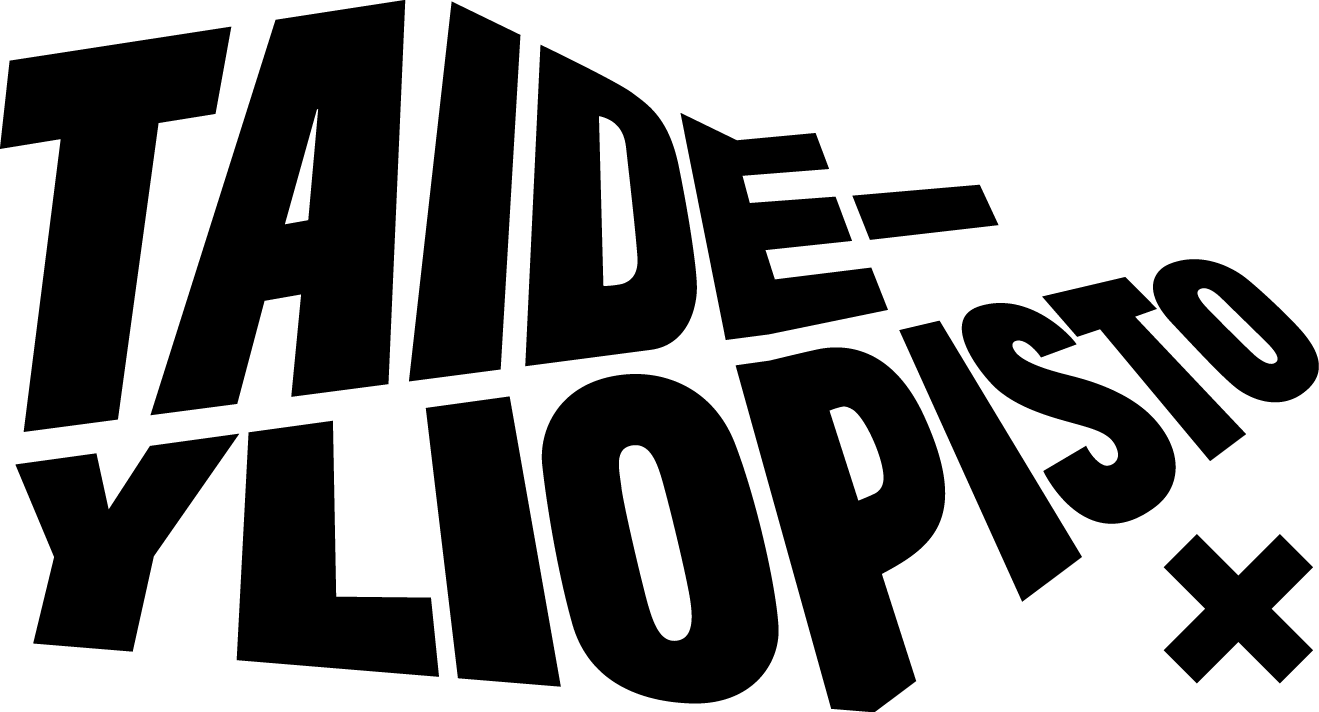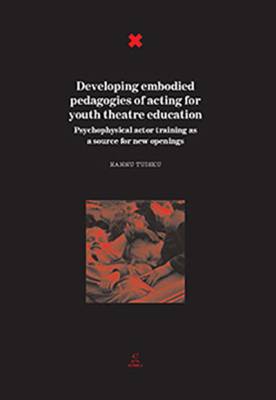This qualitative pedagogical research examines the nature and the ethics of embodied pedagogies of acting and considers their use in the continuum from youth theatre education to professional actor training. By 'embodied pedagogy of acting' the author refers to an approach to acting and training acting that emphasises the centrality of the actor's sentient body in the theatrical event, the notion of a human being as a comprehensive body-mind entity, and the diversity and complexity of subjective experience. Knowledge presented in this research has emerged through practice, interviews and inquiries, discussions and shared experiences of training with both upper secondary school students, student actors in higher education, and professional actors. In the light of this thesis there are reasons to seek for alternatives to conventional paradigms of acting in youth theatre education. Embodied pedagogies of acting provide such an alternative. This thesis also stresses the importance of delineating workable and applicable terminology for training acting, both in youth theatre education and professional actor training. The traditions of psychophysical actor training provide a basis for the development of embodied pedagogies of acting but there are however aspects in psychophysical training that must be critically and comprehensively considered. The thesis also argues that experiences in the youth theatres and in youth theatre education are important for personal growth. The aim of the commentary at hand is not to address youth theatre education in a wider sense besides the methods of acting used in youth theatre education. A wider scope to youth theatre education is provided in the original publications of this thesis.





